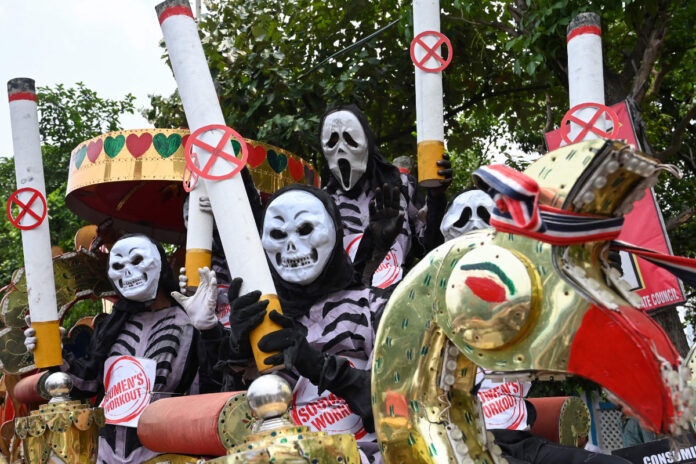RIYADH: Illicit trade makes up 17-25 percent of the tobacco market in Saudi Arabia, posing a danger to public health and resulting in billions of lost revenue for the government, said a top executive at Philip Morris International.
“The illicit tobacco trade is a source of funding for organized crime networks to fund illicit activities such as drug trafficking, money laundering, and even terrorist activity in some areas,” Philippe Van Gils, the regional head of illicit trade prevention for the Middle East at Philip Morris International, told Arab News.
This section contains relevant reference points, placed in (Opinion field)
“It’s a big problem. Billions are going into the pockets of illicit organizations instead of the governments where the latter could use the money for development and other purposes,” Van Gils said.
In terms of public health, the situation isn’t any better. Illicit traders often sell counterfeit tobacco products that may have the logo of a well-known brand but are fake products that “don’t respect any sort of sanitary standards in manufacturing or shipping,” he said.
Philippe Van Gils, Philip Morris International’s head of illicit trade prevention for the Middle East. (Supplied)
Van Gils said that action must be taken to address this issue in three key areas: awareness, collaboration, and technology.
He stressed the importance of building awareness of the issue in the private sector and among consumers.
“I think the private sector must raise awareness to governments and consumers regarding the issue. At the end of the day, we are fighting this issue to protect consumers,” he said.
Van Gils also said that collaboration is crucial due to the magnitude of the problem, “no one can fix this issue alone; it requires a public-private partnership,” he said.
It’s a big problem. Billions are going into the pockets of illicit organizations instead of the governments where the latter could use the money for development and other purposes
Philippe Van Gils, PMI’s head of illicit trade prevention
He further said that the private sector could address this issue using technology and better controls on their supply chain operations.
“It’s about knowing your customers, monitoring the volume of products you sell to ensure it responds to legitimate demand and leveraging technology to track your product down the supply chain,” he said.
On the government side, Van Gils said it’s about “putting effective regulations in place and ensuring enforcement of those regulations.”
However, he admitted one of the challenges is helping authorities identify illicit products from genuine ones.
Our position is that if you don’t smoke, don’t start. But if you can’t quit, switch to better alternatives that are now available thanks to technological advancements
PMI’s Philippe Van Gils
He said Philip Morris International held several training sessions this year, including for the Saudi Authority for Intellectual Property, to curb the menace.
Van Gils said that the COVID-19 pandemic accelerated illicit trade on the dark web.
“Due to the pandemic, everything went more digital, and illicit traders benefited from that,” he said.
He said the solution is to reduce illicit tobacco while promoting better alternatives, specifically heated tobacco products such as e-cigarettes.
“Our position is that if you don’t smoke, don’t start. But if you can’t quit, switch to better alternatives that are now available thanks to technological advancements,” added Van Gils.

